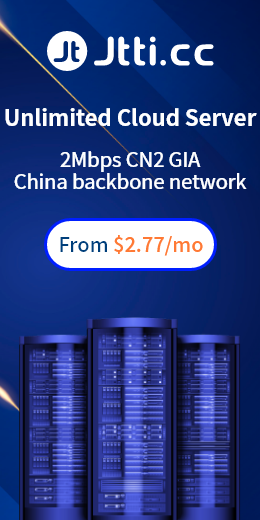Today's growing IT costs, complexity, and compliance issues are well addressed by private clouds. This format is also driving current CIO spending and activity. In Forrester's 2023 private Cloud market Insights report, 79 percent of respondents are using on-premise private clouds.
In the cloud computing market, there are a lot of private cloud packages, but what does a real private cloud look like? The cloud in cloud computing, not the cloud concept in meteorology, is a strategy for a lot of people. Cloud computing is an operating model, a way for us to build, deploy, manage, use and secure IT services. The most basic feature of the cloud is user-generated services supported by automation.
The private cloud has evolved significantly over the past decade, from a way of operating a cloud that was only available in the public cloud to one that is also available in the private cloud. Modern private clouds have a powerful automation layer, simplified operations and workflow orchestration, and autonomous services that are managed and secure. What used to take a long cycle now takes a few minutes. With modern tools and capabilities for building applications through the cloud all the time, the feature set of the private cloud is now becoming more and more comprehensive and fully comparable to that of the public cloud.
Private clouds are less restrictive than public clouds, which are generally understood as belonging to another organization's platform on which services are built and run. There are limits to control and customization, both of which need to be done in the way the public cloud platform wants. The application also follows the requirements of the public cloud platform for how workloads are run and stored.
In contrast to public clouds, private clouds mean complete control, and managers need to be clear about their requirements and expectations to choose between private or public clouds.
In industries such as finance, medical, healthcare and government, stringent compliance requirements require strong data protection and privacy measures. A private cloud ensures that sensitive data is always under your organization's own control, complies with regulations, meets your own maximum custom controls, and minimizes the risk of breach.
Data sovereignty is also a key driver of private clouds. In addition to complying with relevant laws and regulations, data is already considered a strategic asset in the digital economy. With the development of artificial intelligence, sovereignty is also seen as an important part of data protection. Many companies' existing systems are closely related to data architecture and operations. Private clouds can provide customized capabilities to help enterprises/organizations modernize faster.
Private clouds have full cloud capabilities, so in the future, private clouds are expected to evolve into similar public clouds that also support cloud operational models, scalability, flexibility, and a wide range of services, including advanced analytics, artificial intelligence, and machine learning. Provide support for more enterprise control without sacrificing the benefits of cloud computing while ensuring security, compliance, data sovereignty, resiliency, and more.
Private clouds are already essential infrastructure for most organizations, and these needs will only continue to increase. The future of private cloud development is also more exciting.

 EN
EN
 CN
CN









